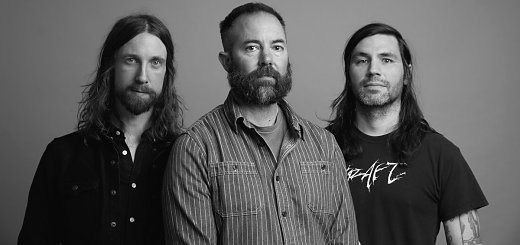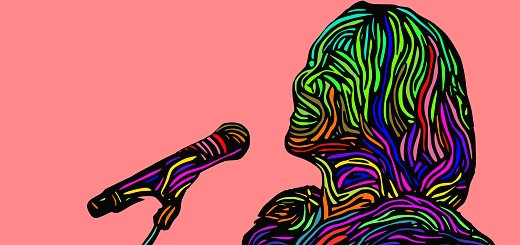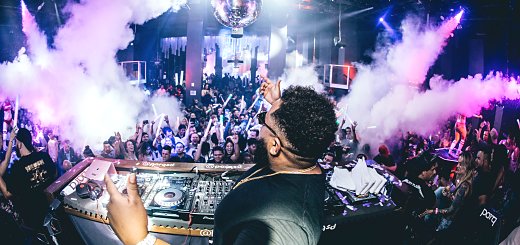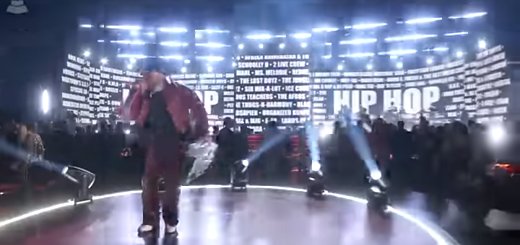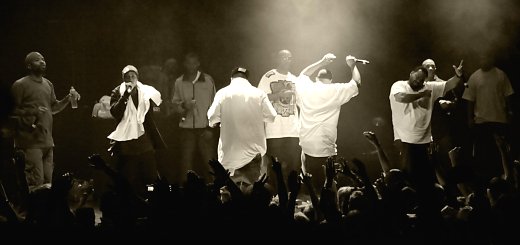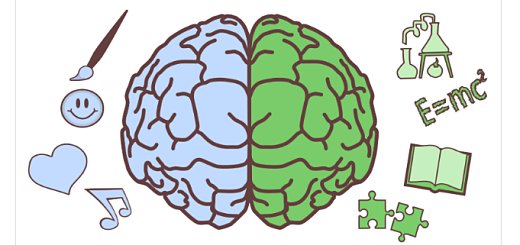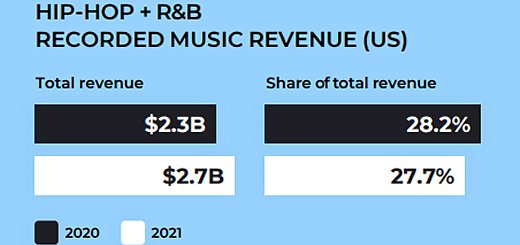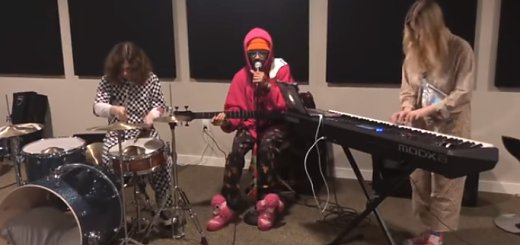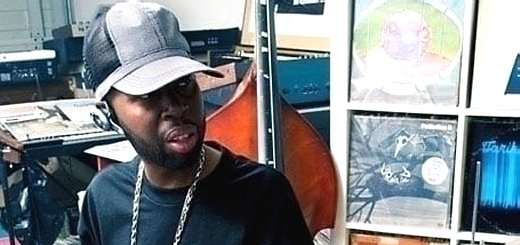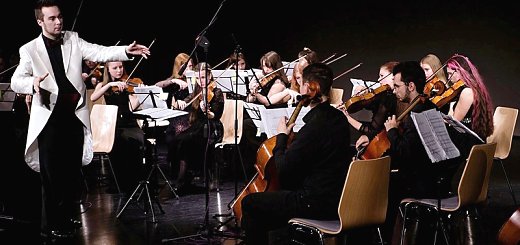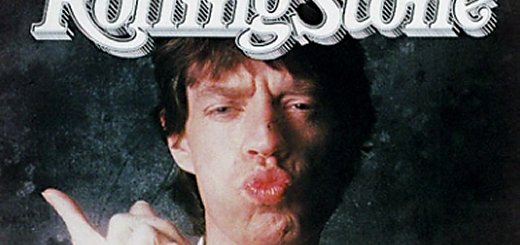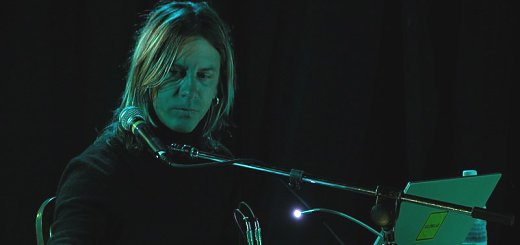"Critiquing masculinity while maintaining his position within the enduring hierarchies that put those bad boys on top, he's the one you love to roll your eyes at. He's a dirtbag, baby, in a long line of antiheroes who interrogate the shapes of male privilege from the inside, even as they benefit from its persistence" - NPR's Ann Powers writes in a great text about Matt Healy, and his latest album with The 1975, 'Being Funny in a Foreign Language'. She questions the "dirtbag": "When it comes to creating alternatives to the patriarchal status quo, men actually have to surrender some privilege, not merely question the effect an elevated status has on their own souls. This can be a painful realization, a disappointment. But it also opens up new possibilities, pointing toward a life that might be less damaging to others, and less lonely".

